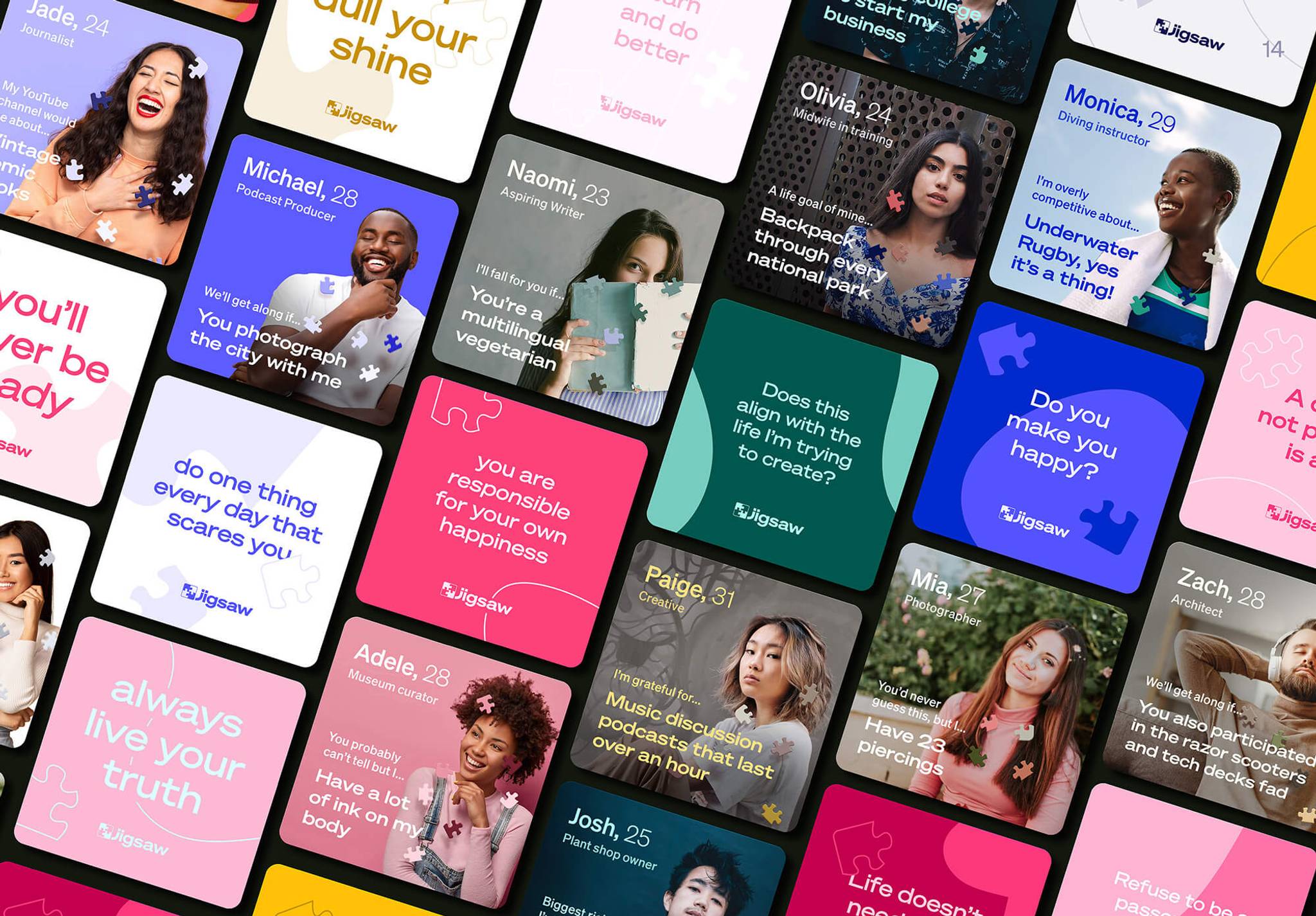
In modern dating, where swipes and matches dominate the landscape, TikTok has become a virtual playground for relationship evaluations. The 'orange peel test' is the latest addition to a trend that reflects a collective desire for quick assessments in contemporary relationships.
Dating social media trends attempt to distil the complexities of relationships into easily digestible, often viral, social moments. The 'orange peel test' involves women asking their partners to peel an orange for them as a test for the strength of their relationship. With the hashtag #Orangepeeltheory amassing over 212 million views on TikTok, the trend has sparked diverse reactions, ranging from advice to end relationships to outright rejection of such tests.
In an era saturated with dating apps and an abundance of potential romantic partners, these relationship snapshots offer a seemingly straightforward way to navigate the complexities of modern relationships. These trends echo historical advice columns and tests aimed at identifying 'the one,' but with a modern twist that emphasises dating norms and personal connections in the digital age. Many women are using these tests as empowerment tools, encouraging each other to leave unhealthy relationships and dismiss 'red flag' partners. However, the challenge lies in the limited snapshot these tests provide, creating a potential disconnect between online commentary and real-life decision-making.
As dating norms continue to evolve, these viral relationship tests reflect a broader societal desire for clarity and simplicity in an otherwise complex world of romantic entanglements. The challenge, however, lies in finding a balance between the insights gained from these snapshots and the nuanced realities that define meaningful connections. While these trends may thrive on instant gratification, the 'orange peel test' and its counterparts prompt us to question what truly defines a successful relationship in the age of quick evaluations and online scrutiny.



